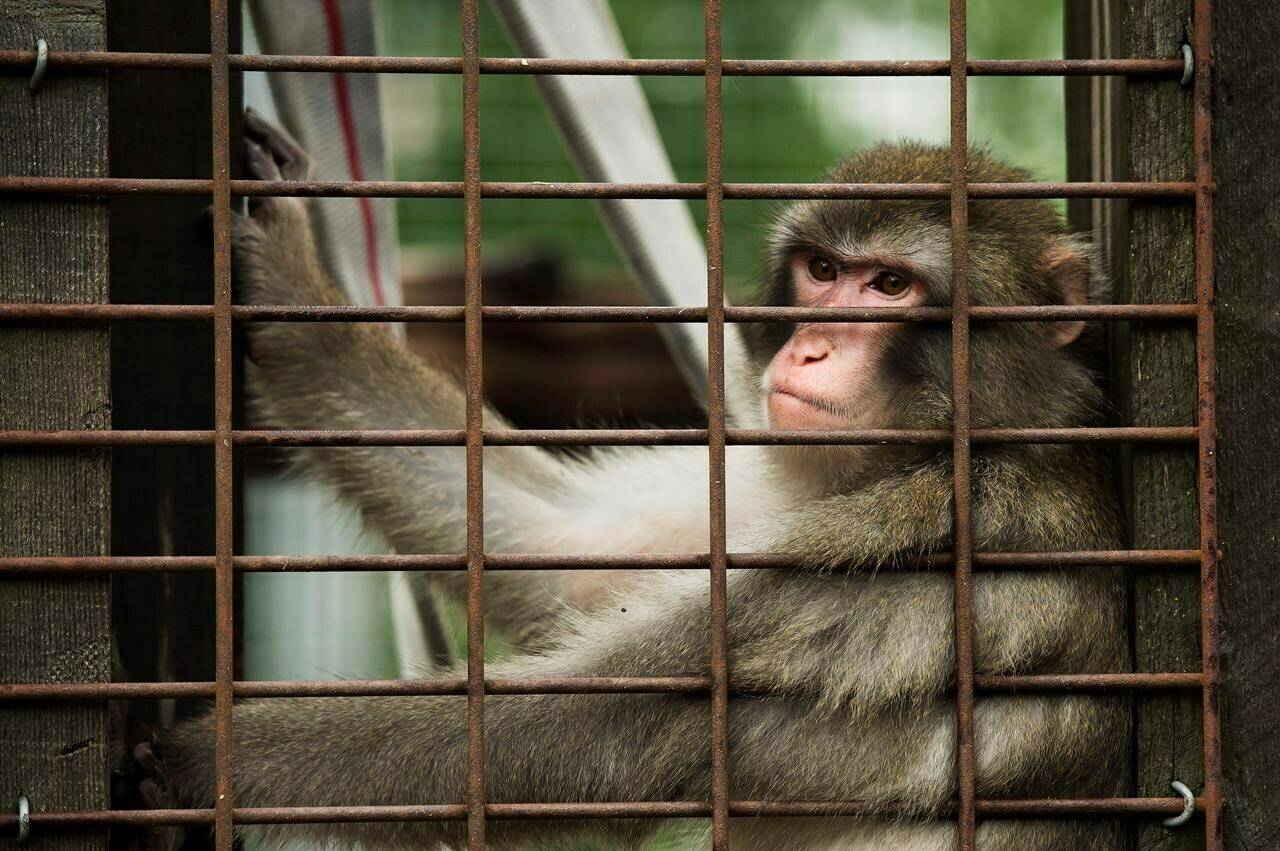Brace yourselves. It looks like it’s going to be another hot, dry summer in the Okanagan.
The forecast for the next few days calls for temperatures approaching 40 in Kelowna, and this pattern of 30-plus degree heat is expected to continue for the next couple of weeks—with no rain in sight.
The start of another glorious Okanagan summer is a time for everyone to become aware of the potential dangers associated with our dry climate, and the necessity of water conservation.
Water is our most precious resource and that fact is magnified this year. Because of low winter snowpacks, accelerated snowmelt caused by early warm weather and the driest May on record, some regions in B.C. are experiencing drought conditions earlier than normal.
Vancouver Island and Haida Gwaii are already at Level 3 drought; and the South Coast, Lower Fraser, Southern Interior (including the Okanagan) and east Peace are at Level 2 drought but could reach Level 3 shortly. Stream and well levels are dropping, stream temperatures are rising, and soil moisture is being reduced.
Elsewhere in B.C., the River Forecast Centre has issued a low-flow advisory for streams on Vancouver Island, some of which are experiencing the lowest flows on record for this time of year.
The long-term outlook is not a positive one. Environment Canada projections are for a warmer than normal summer and fall, which could push drought levels to Level 4 for much of the province later in the season.
It is expected that continued warm and dry conditions could cause significant environmental and socioeconomic impacts caused by water shortages.
To prepare the province for potential drought, our government has convened an interagency drought working group that is implementing the B.C. Drought Response Plan. The plan outlines a series of actions that can be undertaken as drought levels rise.
The working group is chaired by my ministry (Forests, Lands and Natural Resource Operations) and includes the ministries of environment, agriculture and health, Emergency Management BC, the Oil and Gas Commission, and federal agencies (Department of Fisheries and Oceans, Agriculture and Agri-Food Canada, and Environment Canada).
If conditions continue to deteriorate and Level 4 drought occurs anywhere in B.C., regulatory actions may be required. Priority rights may need to be enforced under the Water Act (suspension of water rights for junior water licensees), and if there is evidence of threats to a fish population, a section of the Fish Protection Act could be invoked.
Looking ahead to next year, our government’s Water Sustainability Act comes into effect and contains new provisions that will help ensure that our water is properly regulated, protected and conserved for future generations. It will do this by regulating groundwater use for the first time, improving our understanding of water use and availability, and ensuring our streams and waterways remain healthy and contains new tools for managing water during times of scarcity.
Finally, I can’t emphasize enough the role every British Columbian has in preventing water shortages.
Treat water with the respect it deserves by using only the amount you need, because water conservation is everyone’s responsibility.
